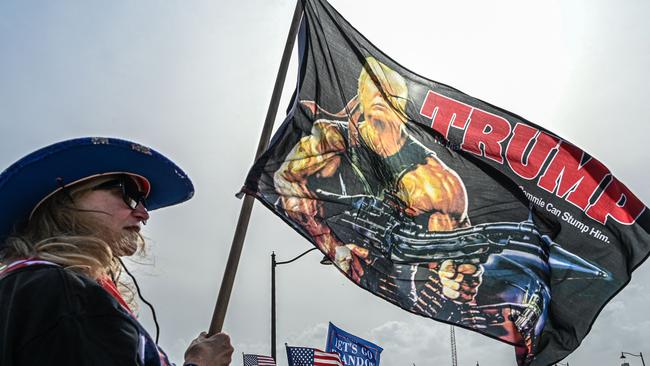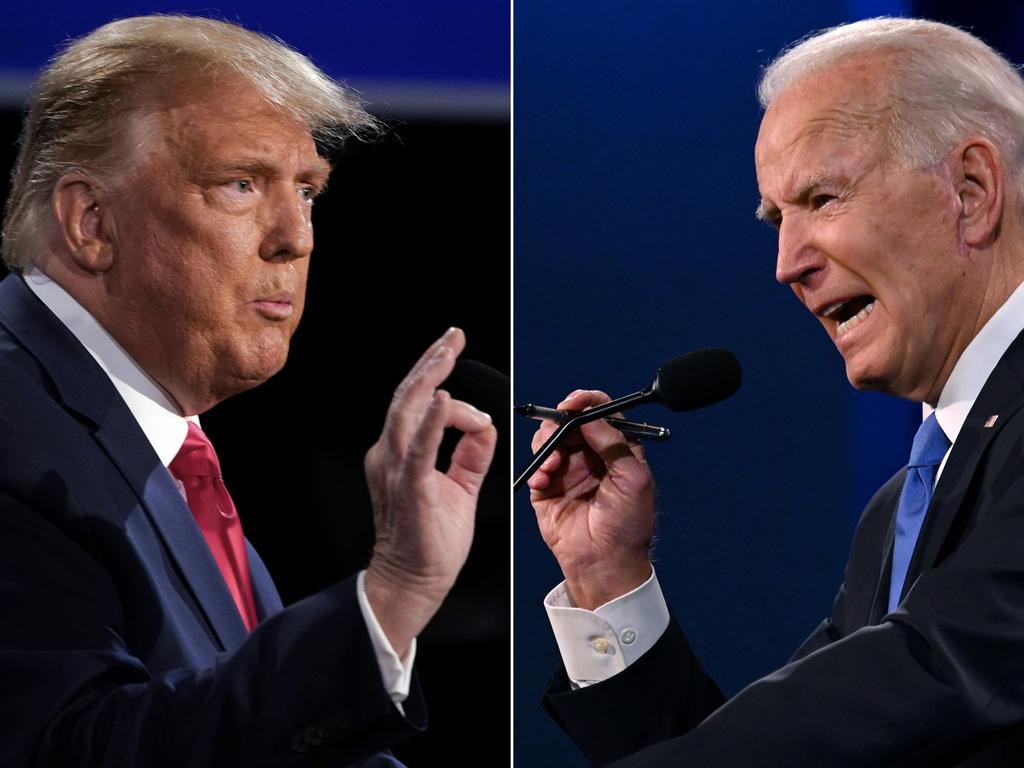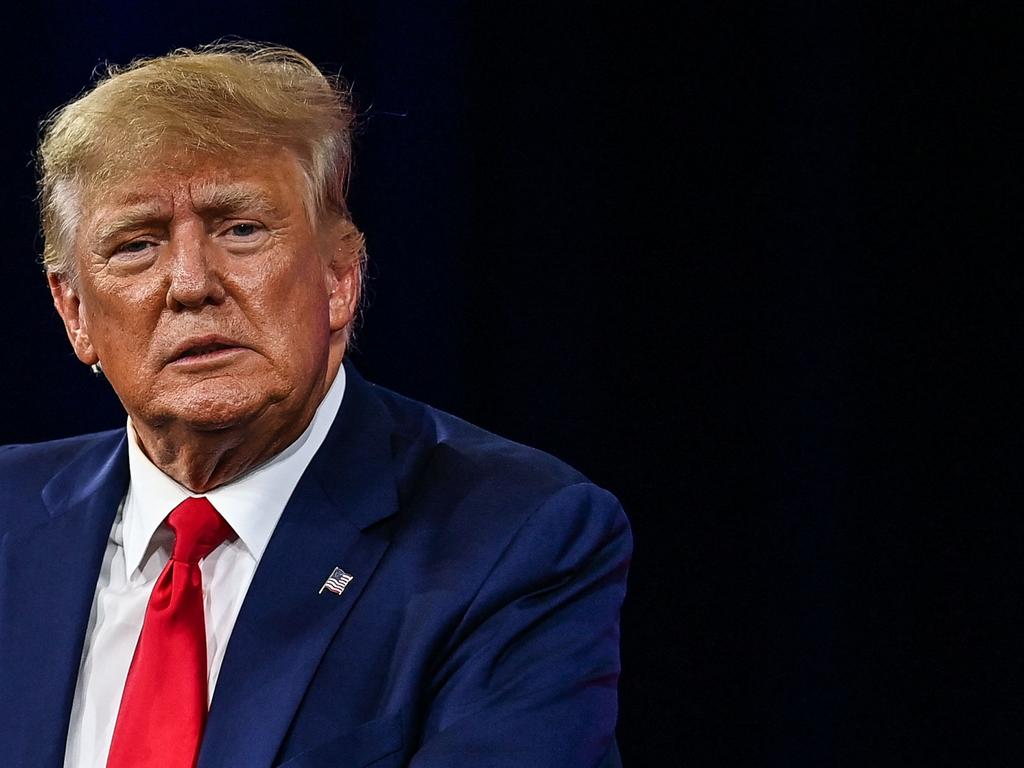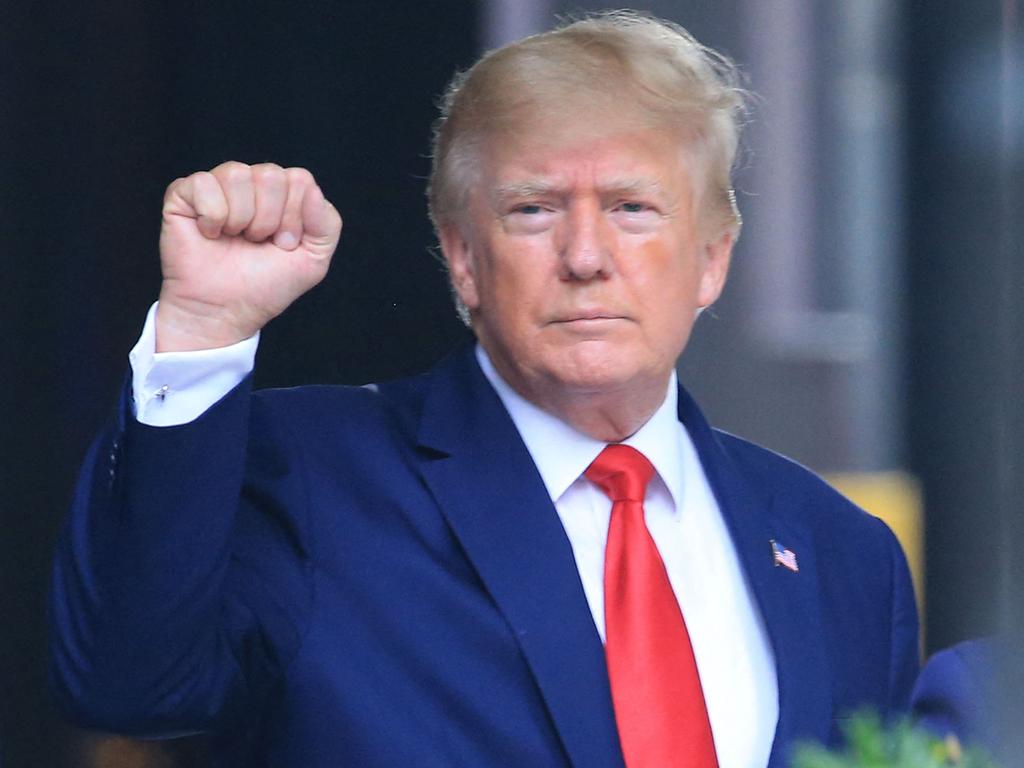Raid on Trump wielded like a political bludgeon
Ironically, the former president’s behaviour on January 6, far more worthy of criticism, has dropped out of the public discussion almost entirely.

He could have chuckled about the French president’s private life, mulled over launching a surprise nuclear strike from Palm Beach and reviewed sentimental missives from Kim Jong-un wherever he wanted, thanks to technology, perhaps avoiding what appears to be an absurdly over-the-top FBI raid on his home.
More than two weeks since dozens of police raided Trump’s home unannounced, no sane motive has emerged. Negligence appears to be the best explanation. You don’t have to be a fan of Trump, a former duly elected US president, to think the accusation he was planning to sell secrets to foreign powers preposterous.
Former presidents and cabinet ministers should be given the benefit of the doubt lest laws become tools to bludgeon political opponents when they are out of office, South American-style.
If the affidavit that justified the August 8 raid, due to be released on Thursday, doesn’t rock the world with probable cause, enough to startle independent-voting Americans who would care little about the intricacies of arbitrary Washington classifications, it will backfire on the Biden administration and sap faith in the US judicial system.
Trump will come to look, at least to his supporters, even more like “the most persecuted person in American history”, as he likes to claim. It will look like another politically motivated move to condemn him in public opinion.
If so, it’s unlikely to work, given Trump is already subject to at least two other investigations – in Georgia and New York – quite aside from the congressional inquiry into his behaviour on January 6 last year, yet he still has a higher chance of winning back the White House in 2024 than Joe Biden, according to most bookies.
Indeed, Trump’s behaviour on January 6, far more worthy of criticism, has dropped out of the public discussion almost entirely, replaced with an esoteric debate about documents and a World War I act designed to prevent spying written before photocopiers were invented.
Yes, the classified documents should have made their way to the National Archives, but the idea the alleged transgression required an unprecedented FBI invasion of a former president’s home, including seizure of his passports (since returned), is a staggering step that in no way would be justified by Trump’s excessive desire for mementos.
Trump is also alleged to have broken the 1978 Presidential Records Act, introduced after Richard Nixon refused to turn over documents related to the Watergate scandal, which requires the US to retain “ownership, possession and control” of White House records. Naturally, that’s not attracting much attention because keeping a filing system up to date would hardly justify a police raid. And the National Archives already was negotiating with Trump’s lawyers to return the documents.
Former director of national intelligence James “the Steele dossier looks like Russian disinformation” Clapper (the dossier turned out to be a politically motivated fabrication pushed by the Democrats) was in a flap on CNN on Tuesday night, declaring the allegations “very serious”.
“You have to assume the worst, that someone, an adversary, would have access to them and could exploit them,” he said. Yet the FBI didn’t assume the worst about Hillary Clinton’s use of a private email server when she was secretary of state. Then director James Comey in 2016 argued her “extremely careless” behaviour fell short of the “gross negligence” required under the act – a convenient, made-up distinction to avoid any indictment?
The contrast highlights the problem with the Espionage Act, an insidious law passed in 1917 to allow the Wilson administration to incarcerate pacifists, contrary to the first amendment guaranteeing free speech.
“The more corrupt the commonwealth, the more numerous the laws,” Tacitus once wrote. He might have added the rider: and the more opportunities for attacking your political enemies.
As Republican senator Rand Paul said this month, the Mar-a-Lago saga should be another reminder the whole act should be rescinded. There’s no evidence it has kept the US safe but plenty that it has terrorised individuals and served as a convenient tool to whack political opponents.
Democrats didn’t like the act in the 1970s when the Nixon administration tried to imprison Daniel Ellsberg for leaking the Pentagon Papers; in the 2020s they do. Julian Assange is being prosecuted under the Espionage Act but not by the mainstream media, which published the same material as WikiLeaks.
Governments produce vast amounts of information and documents that end up classified, highly classified even; most of it is uninteresting and useless to anyone else. Most of Trump’s dozens of boxes of 700 pages – or whatever the latest estimate is – would be of zero interest to anyone.
To be sure, if on Thursday we learn from the affidavit that people may have died, or important military secrets are likely to have made their way to Beijing or Moscow, I stand corrected. But right now the raid appears to be a huge, politically motivated waste of resources that will invite retribution when Republicans take power.
Surely an investigation into potential links between Joe Biden and his son Hunter’s shady foreign business dealings, for which there appears to be plenty of evidence in the latter’s laptop, would be a better use of federal resources. Perhaps the laptop should even be archived.








When Donald Trump was chilling out by the pool at Mar-a-Lago thumbing through the 700 pages of highly classified documents he allegedly took improperly when leaving office, it should have occurred to him to have made screenshots of the best parts.